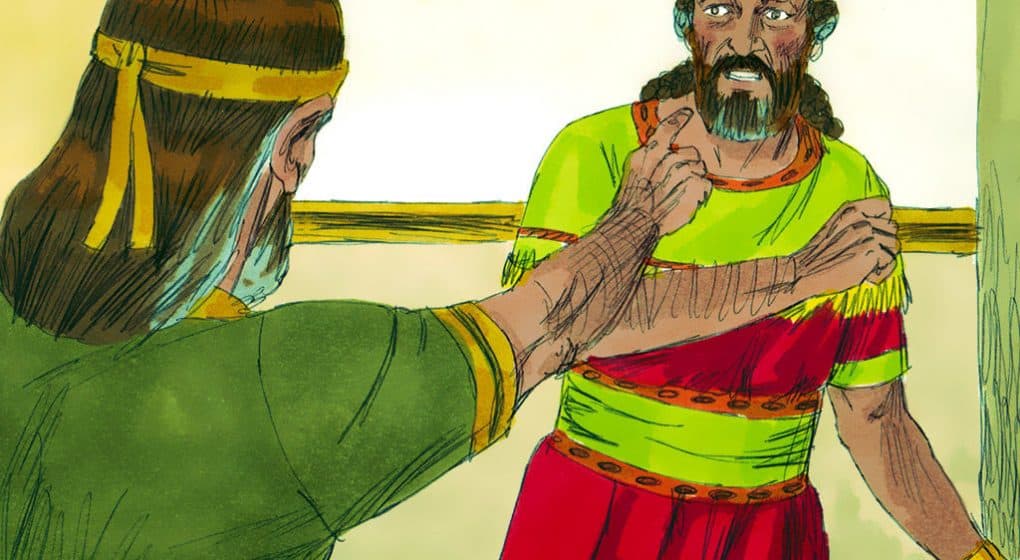
“Guilt is tricky. It doesn’t usually manifest as guilt. . . . Guilt is a root cause that merely comes to the surface, but the root feeds the whole tree. . . . But the way we see our guilt and the ways we deal with it are often inaccurate.”- Chip Ingram
Chip Ingram moves on in Chapter 9 of Discover Your True Self with the distinction between true guilt and false guilt. True, or theological, guilt applies to all of us. It’s based on what we have done — all have sinned and fall short of God’s glory. However, the product of false guilts comes from:
- the demands others place on us.
- ideals we hold.
- a nagging feeling that we fail to measure up.
In addition, Pastor Ingram contrasts relative and absolute guilt. Relative guilt involves violating a human standard. Something that some people view as wrong, but not others. On the other hand, absolute guilt means you’ve violated a divine standard. Something that’s wrong for all people at all times.
But the psychological meaning of guilt differs slightly. Because it places the focus on emotional response. As well as the perception that one’s broken a rule or fallen short of an expectation. Even if this feeling fails to align with reality. Hence, psychologist Becca Johnson writes in her book Good Guilt, Bad Guilt, it’s:
“an emotional response to the perception that we have broken a prohibition or fallen short of a standard. Thus, guilt can be both a fact and a feeling, and the two are not necessarily related.”
Therefore, it’s possible to feel completely free of guilt and yet be quite guilty. For example, we violate posted speed limits because we disagree with the rules or view such an offense as trivial. Most significantly, Chip notes, some Christians even do this with the commands of Scripture. Because they believe those commands don’t feel right to them or seem relevant to their lives.
Today’s question: How does guilt function as the root that feeds the whole tree? Please share.
Tomorrow’s blog: “Pointing the finger outward”

